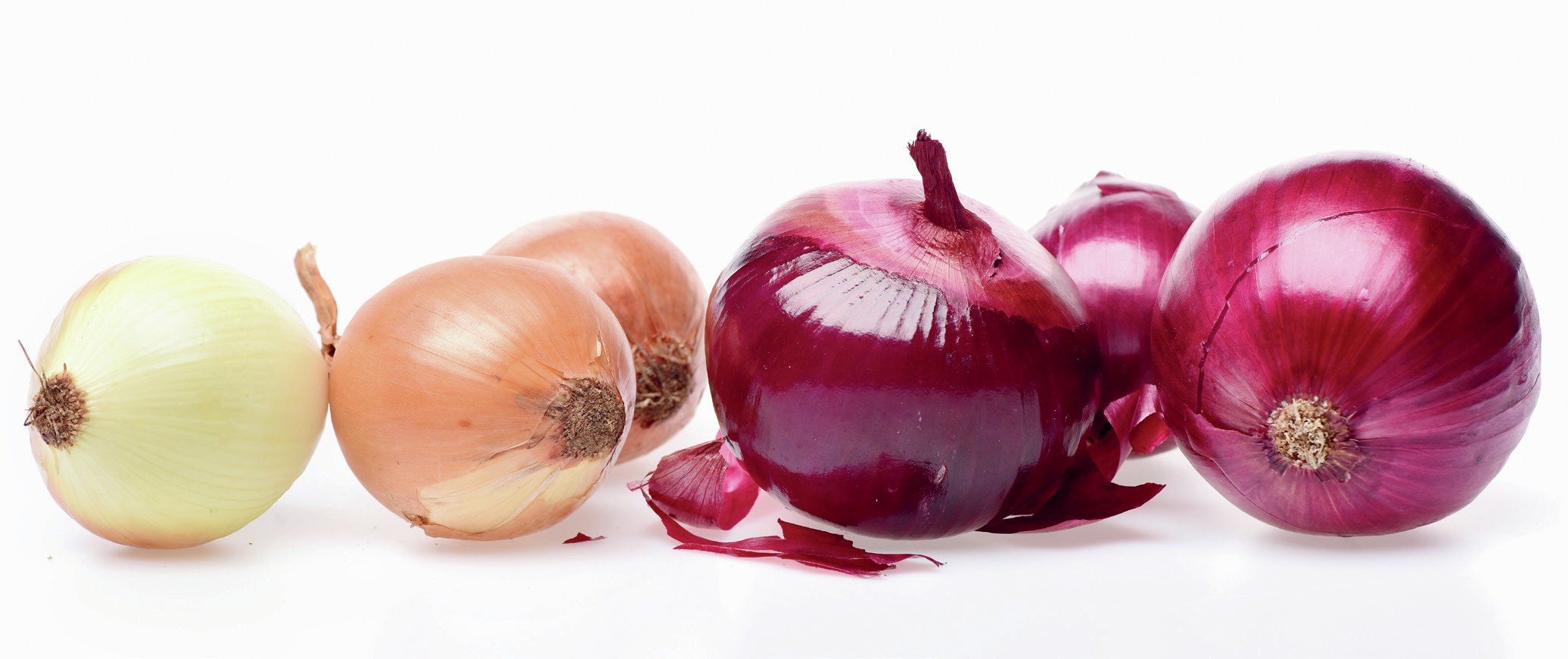
Onions are known for their flavour and smell. The volatile compounds responsible defend the onion bulb from attack by most microorganisms and herbivores, but not all.
Onions are one of the few vegetables that can be unpleasant to prepare for cooking. But people all round the world include onions in their food. Onions add delicious flavours and are relatively easy to grow and store. These benefits are why a plant from the semi-desert regions of Central Asia has travelled the world to become a routine part of our diet. The intense flavour in onion powder and extracts has also been adopted in many modern processed and convenience foods, leading to products including everything from crab cakes to cheese-and-onion crisps.
Your organisation does not have access to this article.
Sign up today to give your students the edge they need to achieve their best grades with subject expertise
Subscribe




